How the world’s youngest headmaster, Babar Ali, is helping his students grow
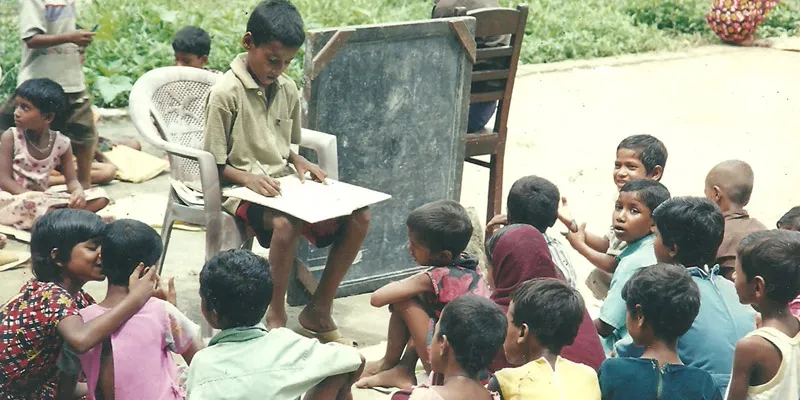
“Take up one idea. Make that one idea your life; dream of it; think of it; live on that idea. Let the brain, the body, muscles, nerves, every part of your body be full of that idea, and just leave every other idea alone. This is the way to success, and this is the way great spiritual giants are produced.” -- Swami Vivekananda.
The story of a nine-year-old boy purposefully walking down the corridors of power to secure supplies for a school he has set up in his own backyard in an impoverished village is the stuff of legends.
Babar Ali, who is known as the youngest headmaster in the world (a title he earned by global media and institutions), is truly living his dream today. What started as a child’s play is now slowly turning into a movement with a mission to educate each and every child in the country.
After nearly 12 years of single-minded determination and numerous adventures, 21-year-old Babar Ali is finally going to get a proper school building for the children of his school which is still being run under a tin shed in his backyard.
As he quickly gulps down the tea and biscuits to recount his travails, it is difficult not to marvel at how much he has grown – in his mind and spirit. Yet he remains the shy boy at heart opting to live his life without much fuss – he skipped breakfast at the management institute in Bangalore where he was visiting recently because he did not want to trouble his hosts!
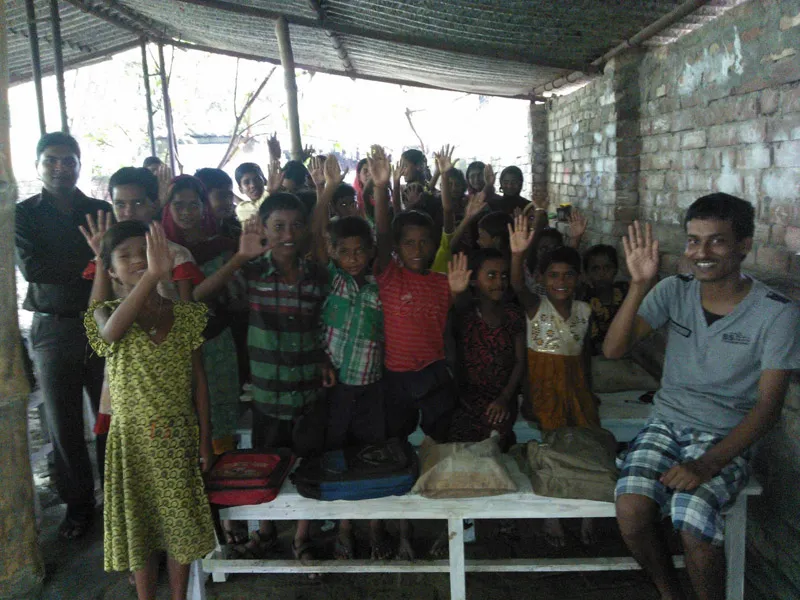
It all started with play
For Babar Ali, who lives in a small village in Murshidabad district of West Bengal, life would not have taken a turn had his father, a jute trader, not admitted him to a proper school. It was 2002, and nine-year-old Babar had to travel 10 kms up and down daily to and from his school, Beldanga CRGS High School, perhaps the only one near his village.
On his way back from school, Babar would see children in his neighbourhood doing odd jobs like taking the cattle grazing, or just wasting their time playing around the whole day. “It just occurred to me why not teach them what I learn in my class,” he recalls how it all started.
He gathered a few children and made a make-shift school under the guava tree in his backyard. They would all sit on the dusty ground listening wide-eyed to Babar Ali as he talked to them about his school and what he had learnt there.
Gradually, the strength of his rustic school increased to eight, and among them were his younger sister and a few other girls. With absolutely no supplies like note books, pens or paper, Babar fashioned a blackboard out of terracotta titles, and would use newspapers as reading material. According to one of his teachers in the school Babar Ali studied in, he would always ask for broken chalks after class. “I would wonder why he required them when he shyly confessed that he had started a school in his home. From then on I started giving him box full of chalks,” she has reportedly said.
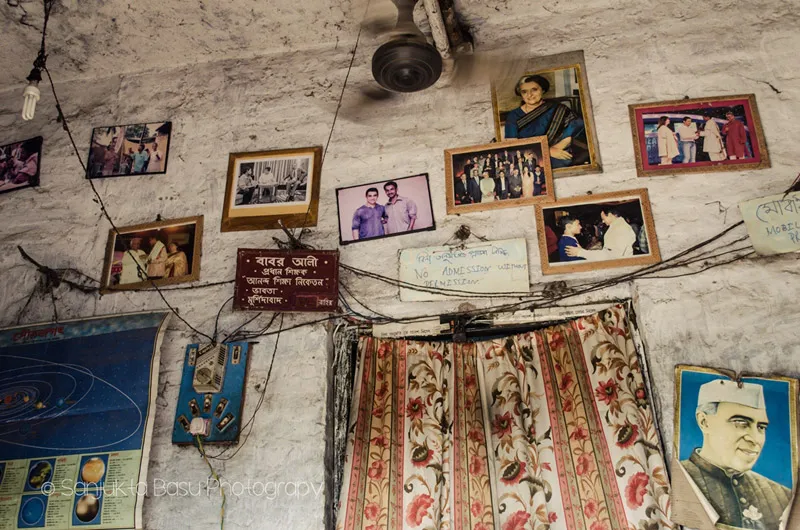
When dream starts to become real
The school play acting was slowly becoming serious. The children would wait enthusiastically for Babur to return from his school. “I would not even have the time to eat anything. As soon as I reached home, I would change my school uniform and we would begin our school,” says Babar.
Realising that he had to procure books for his students, Babar would sneak into a ‘raddiwala’s’ shop and steal books and half written notebooks. Meanwhile, word spread in the village that Babar had started a school. “My father was very worried, he thought that I was neglecting my studies, and so he asked me to stop this,” says Babar.
But Babar’s determination won him over and his father decided to allow him to run his own school as long as he gave full attention to his own education.
I would wake up early in the morning and sit with my books under my father’s supervision. After a quick breakfast, I would go to school, and all day I would wait to get back to my own students. It was like a ‘nesha’ (addiction).
Starting a school is one thing and being successful in keeping the students from dropping out is another. Initially, Babar would buy sweets and toffees with whatever little money he got from his father. “I would organise music and dance competitions. We would decorate the place with flowers and I would be the judge. Essentially, whatever I saw and learned in school I would replicate that here.”
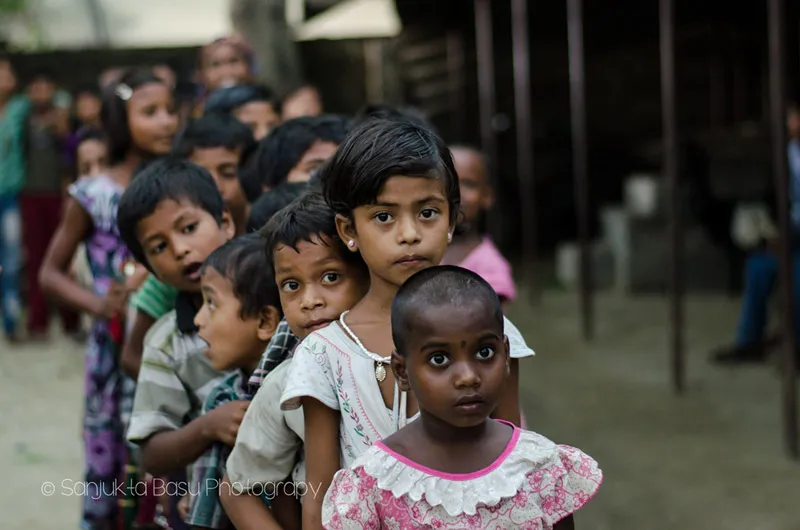
How he got books and supplies for his school
“We still needed books, so I went to the parents and guardians of all my students and collected rice from them. I sold that and bought alphabet books for the students. When I was in class 6, the local ‘pradhan’ of my area recommended my application for books and supplies to the block development officer.
“Meanwhile, my teachers in school were happy that I was doing this. My father too came around and donated Rs 600 to my school. Of course, my mother had always supported me and she continued doing that in her own way.
“Finally, the school had a formal inauguration. I hired a mike for Rs 30, and we had a ribbon cutting ceremony followed by song and dance. I borrowed my mother’s sari to decorate the place. I also invited the local Panchayat members and village elders. A family friend of ours who was a principal of another school named my school Ananda Shiksha Niketan.”
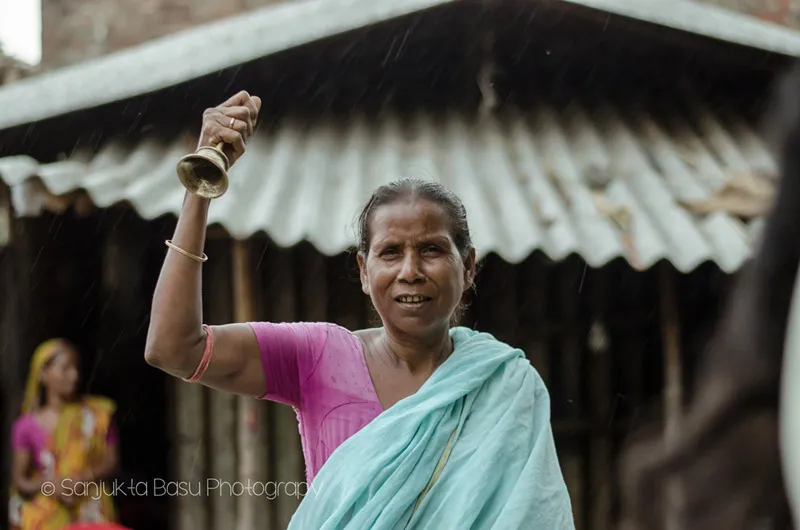
As the local press covered the event, word spread beyond his small village, and reached the Nobel laureate Amartya Sen. “He invited me to Shantiniketan when I was in class 8. I gave a one-hour talk in front of the former finance ministers of West Bengal, and eminent professors.”
Encouraged, Babar Ali started making his way to the power corridors in Calcutta. Wearing his school uniform, he would travel alone to the big city to ask government officials to help him with school supplies.
“I would like to thank some of the officials who really helped me through the years, even though I was just a little boy. They did not discourage me.” In fact, he even approached the then sub-divisional magistrate Sabuj Barun Sarkar to be the president of his school’s governing body. At that time, he was just 13 year old, studying in class 8. Feroza Begum, headmistress of another high school in his area, became his school secretary.
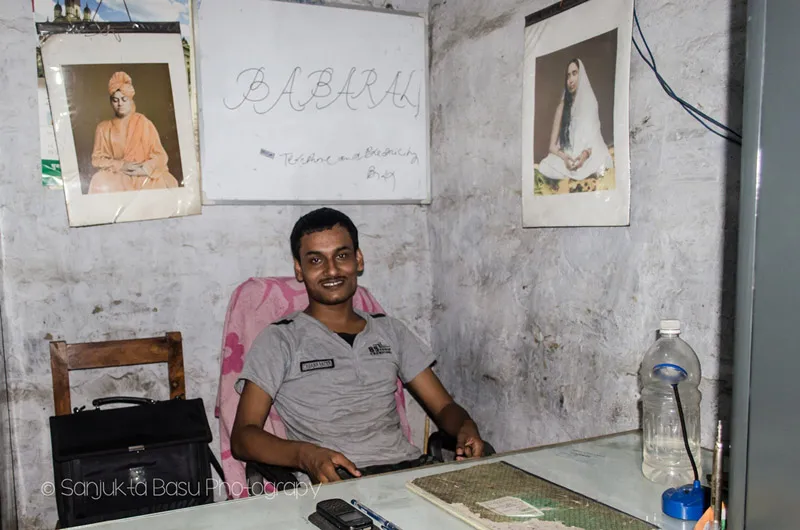
I met IPS officer Rahul Srivastav, who not only further helped me, but he announced me as the ‘Smartest boy of the district.’ He said nobody becomes smart because of the clothes they wear. Those who light the lamp of knowledge are ones who are truly smart.
In 2008, Babar passed his class X board exams with a first division. “Even days before the exam, I was busy opening bank accounts for all my students. I gave them 10 days off during my exams.”
Around this time, Babar received the CNN IBN Real Hero Award from actor Aamir Khan. BBC travelled to his village to write about him. He became a TED Fellow, and news organisations like NDTV also honoured him.
Why do we have a crab mentality?
Babar continued to run his school with petty donations, sustaining his dream only with a strong will, and the goodwill of many.
“I was inspired and energised to do more. I realised that I needed a school building but it was becoming difficult to get the funds for a building. I had already bought a wasteland near my house with the Real Hero prize money that I had received, but did not have enough to construct a building.”
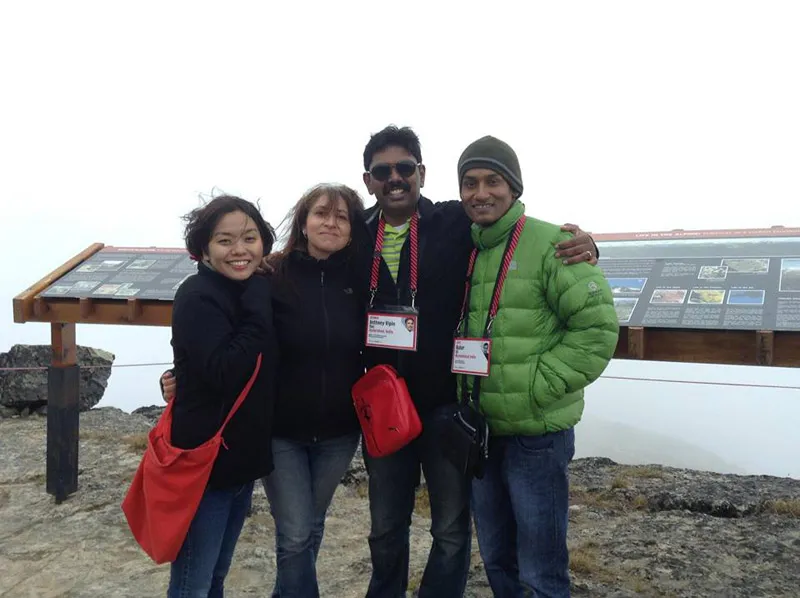
Meanwhile, many people jealous of a small boy’s achievements started harassing him. People would approach him for government jobs, create unnecessary hurdles and misunderstandings. He even received death threats from local anti-socials. In fact, he gave his college exam under police protection.
Malala Yousafzai was shot in the head by a bullet, and I was shot in the soul by people’s animosity and harassment. My other challenge was how to keep the students motivated. When a student was absent, I would go to his/her house to plead with the parents to allow them to come to school.
Babar gets his inspiration from Swami Vivekananda. “I get energy and strength from his writings and words...it motivates me to do more.”
His story in test books
“Karnataka has become like my second home. My mission is education for everyone. I want more boys and girls to come and carry forward this mission after completing their education. I want to open another school in Karnataka. And maybe someday, become an IAS officer.”
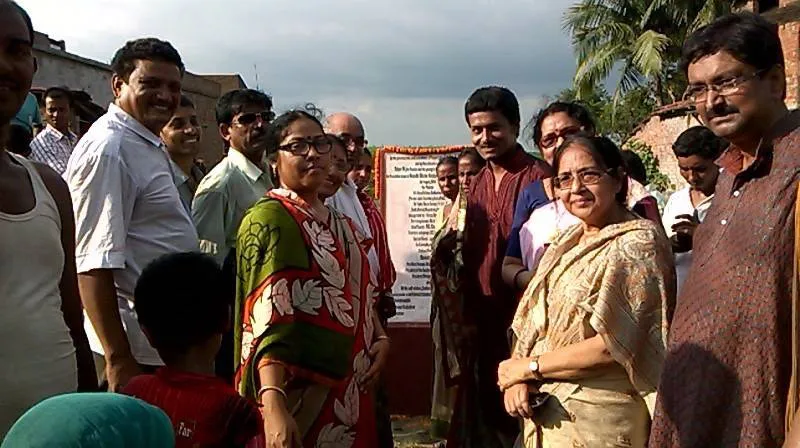
The Karnataka government has included Babar’s story in the prescribed English text for first year PU course.
Meanwhile, the eight students with who Babar started the school, have entered college, and are now also teaching in his school.
“Arise, awake, and stop not till the goal is reached.” This line from the Upanishad made famous by Vivekananda continues to be Babar’s guiding light.
Already, 500 students have enrolled in his new school (the building is under construction), for the new session which begins in January 2015. There are 300 students in his old school.







